Tigray rebels reject AU appointment of Nigeria's Obasanjo as mediator
Rebel forces in northern Ethiopia have accused the African Union (AU) of bias towards the country's central government after the bloc selected former Nigerian president Olusegun Obasanjo as a mediator to end the months-long conflict.
The Tigray People's Liberation Front (TPLF) claimed on Sunday that it would be "naive to expect this mission to work."
Getachew Reda, spokesperson for the TPLF, accused the AU of "partiality" towards the Ethiopian government.
"Solving a crisis at the very least requires acknowledging the existence, let alone the magnitude of the problem," he wrote on Twitter.
The appointment by #AU of former President #Obasanjo to mediate between #AbiyAhmed’s regime and the #GovernmentofTigray raises a number of questions. One, #MoussaFakiMahamat or the #AUC have yet to withdraw their official support for #Abiy’s ‘law enforcement’ war in Tigray. And
— Getachew K Reda (@reda_getachew) August 29, 2021
Obasanjo had previously headed the African Union's election observer mission during Ethiopia's polls last June, where Abiy Ahmed won a disputed landslide victory.
Tigray has been the scene of conflict since November, when Prime Minister Abiy sent troops there to topple the TPLF, the regional ruling party, saying the move came in response to attacks on army camps.
Three weeks later, the government declared victory when it gained control of the regional capital, Mekelle. The TPLF forces, however, retook Mekelle and most of Tigray at the end of June after the government declared a now faltering ceasefire.
Since then the fighting continues and Ethiopia’s government has called on “all capable Ethiopians” to join the central government in the fight against TPLF.
All Ethiopians need to act as “the eyes and ears of the country in order to track down and expose spies and agents” of the Tigrayan rebels, it said.
Meanwhile, TPLF is pushing into Tigray's neighboring regions of Afar and Amhara.
According to the United Nations (UN) aid chief, TPLF forces captured the World Heritage site of Lalibela in the Amhara region last week, which displaced more than 250,000 people.
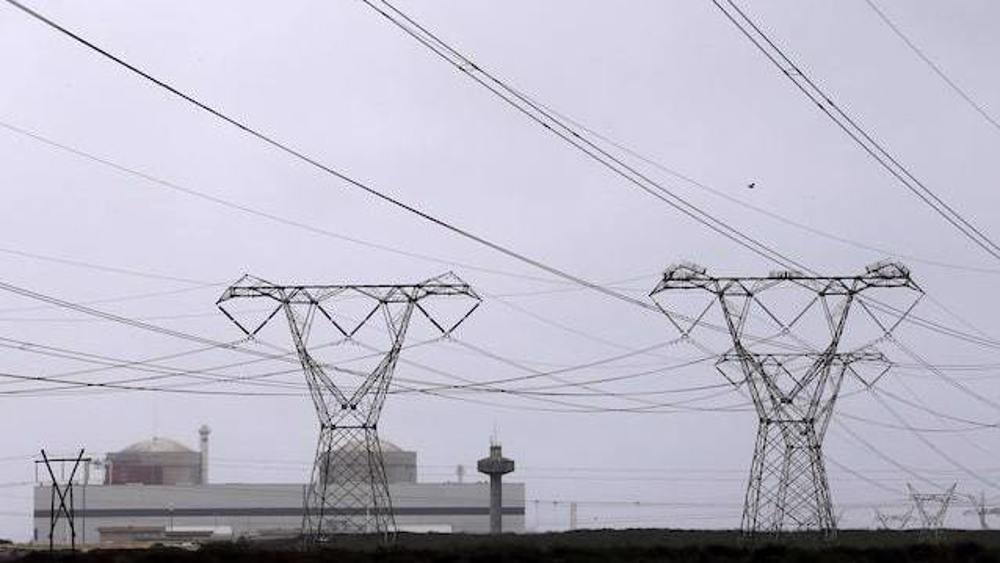
South Africa open to nuclear cooperation with Iran and Russia, despite US threats
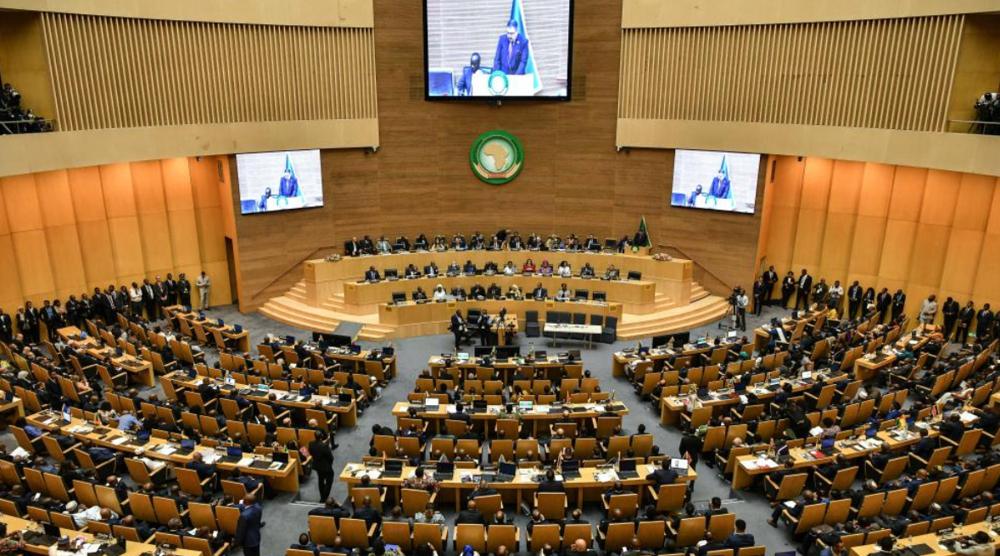
Hamas hails African leaders’ stance against Israeli war on Gaza
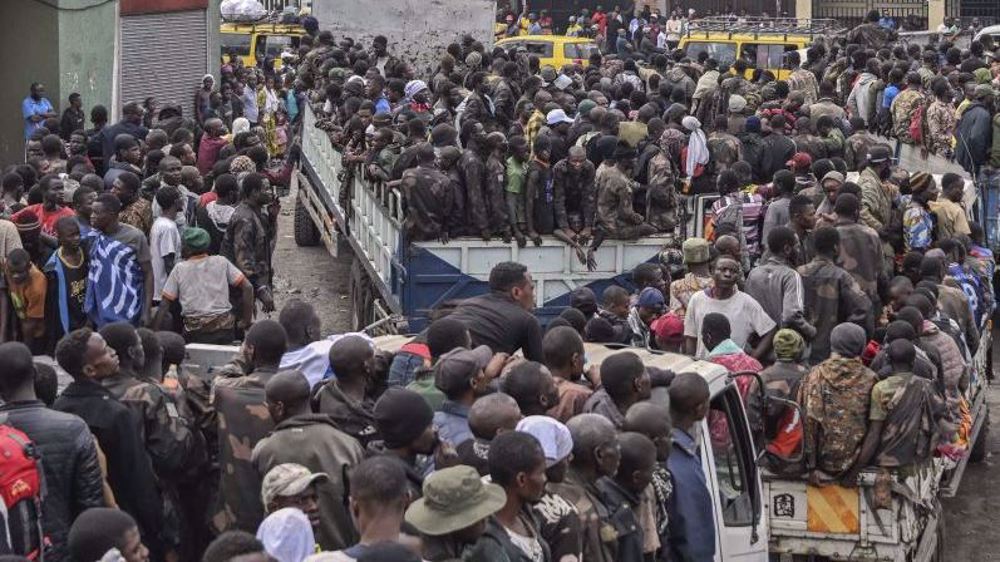
EU 'urgently' considering options to DRC fighting
IRGC unveils new homegrown smart missiles, drones drill
Iran launches project to extract, purify helium from natural gas
Qatari Emir arrives in Tehran for deeper cooperation talks
VIDEO | Press TV's news headlines
Israel to release longest-serving Palestinian inmate Nael al-Barghouti
IRGC dismantles multiple US, Israeli spying networks in northern Iran
Two Israeli soldiers flee Amsterdam over arrest warrant fears
Iran rebukes US 'colonial' plan for forced relocation of Gazans


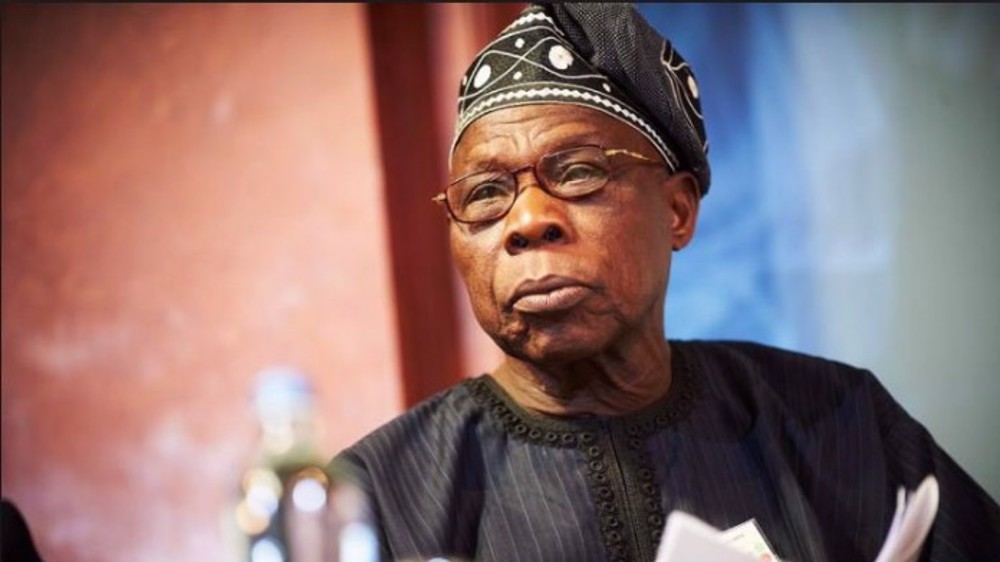
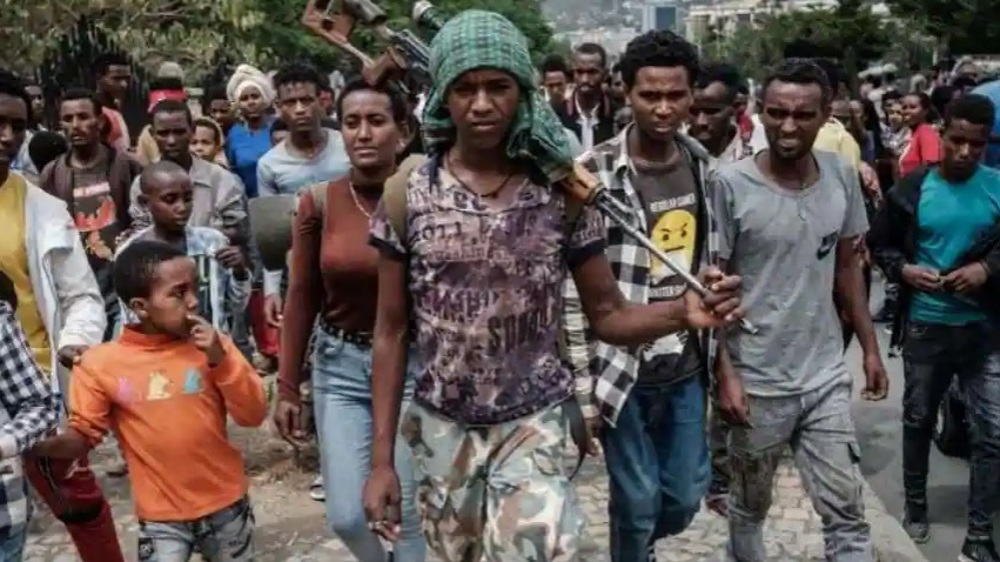



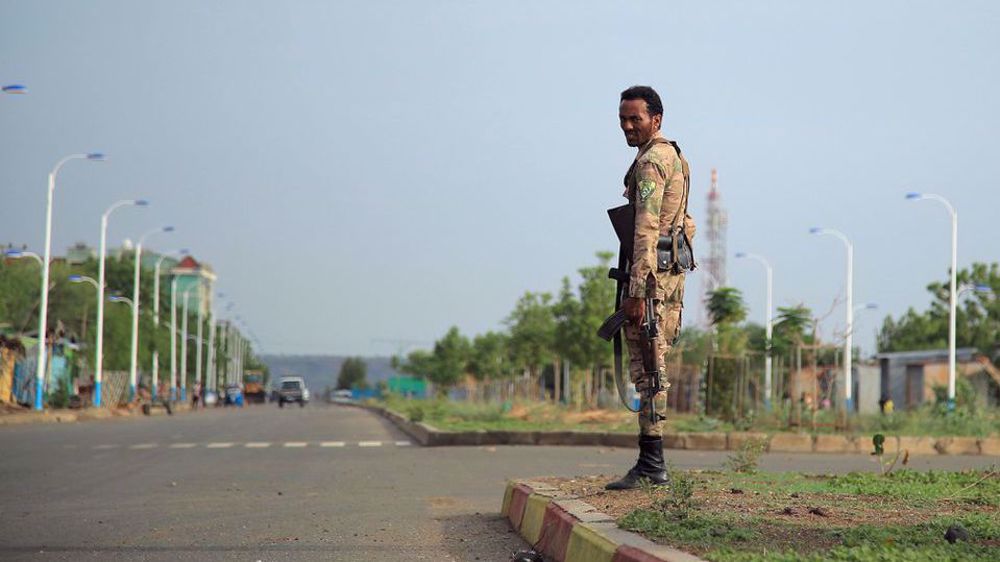
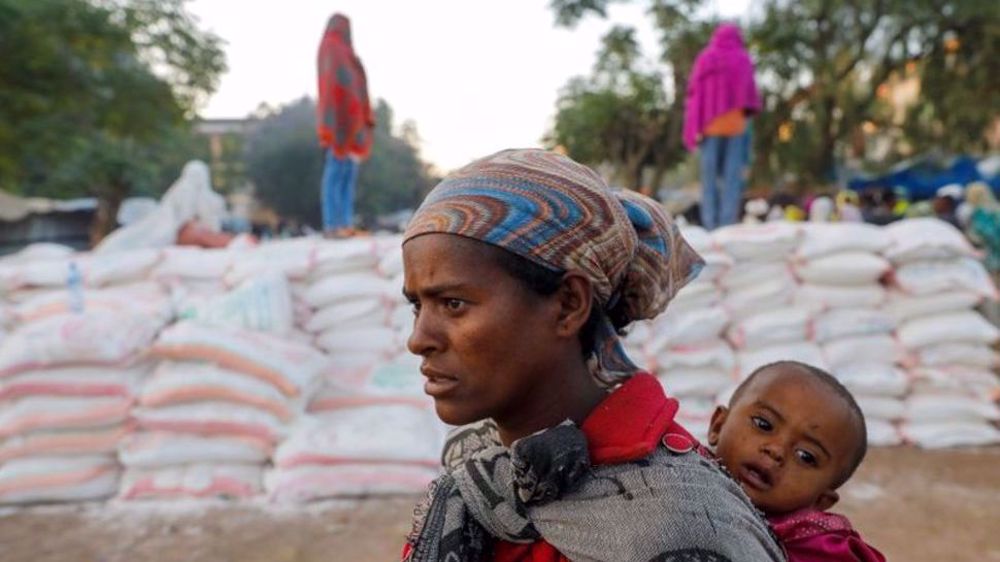
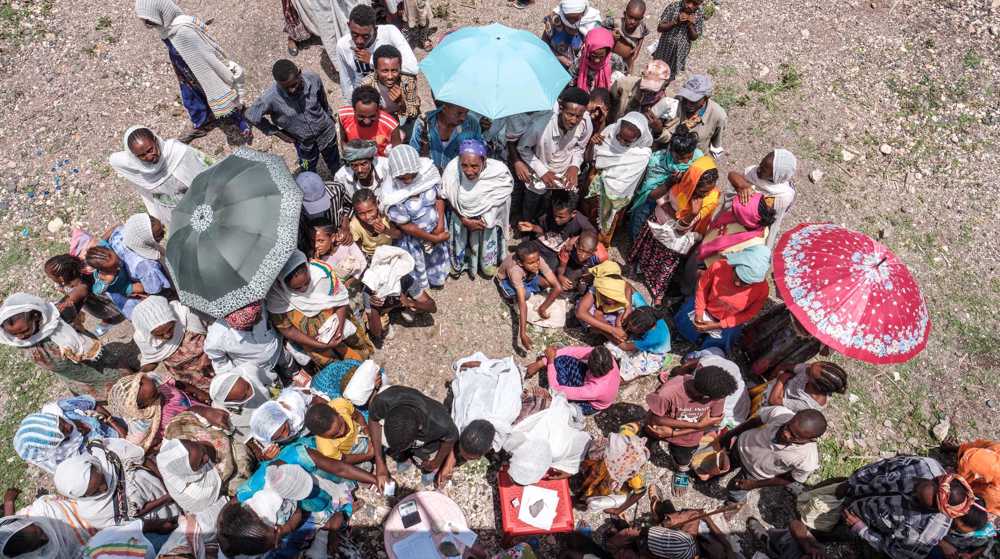
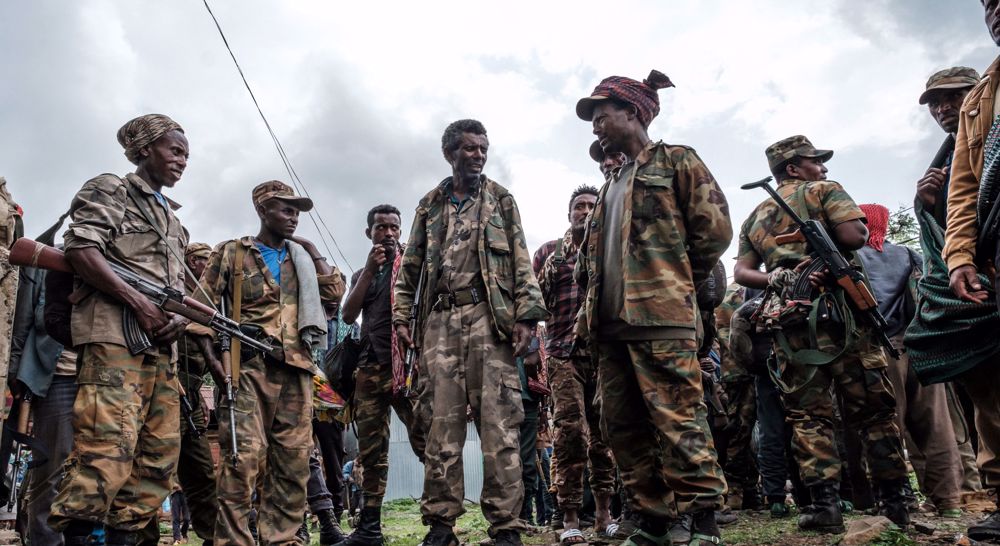
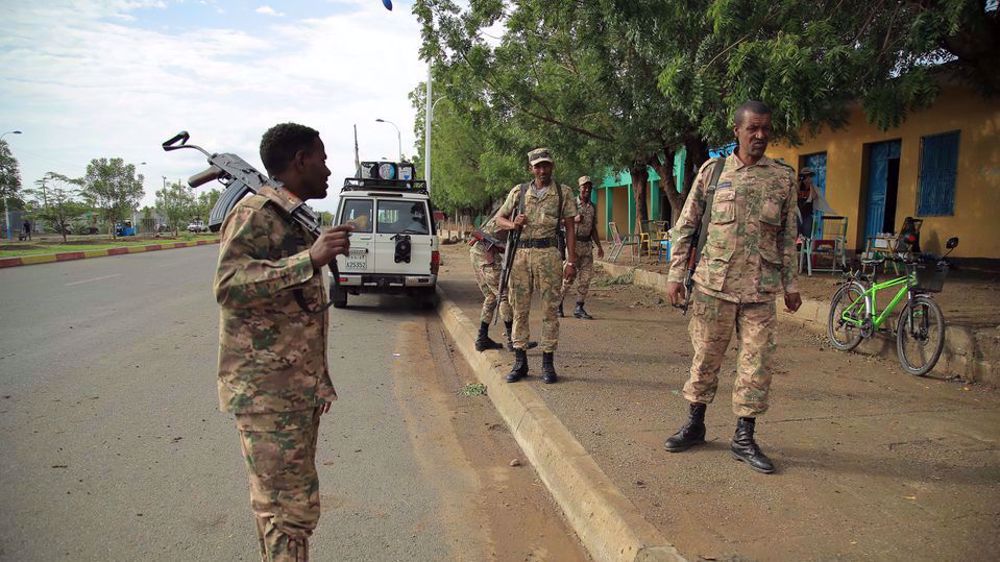

 This makes it easy to access the Press TV website
This makes it easy to access the Press TV website